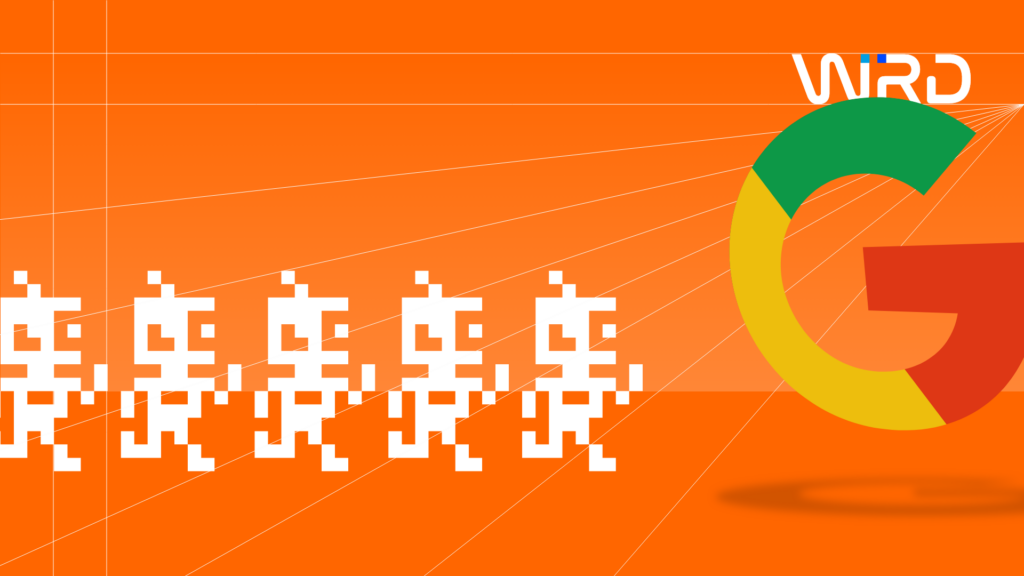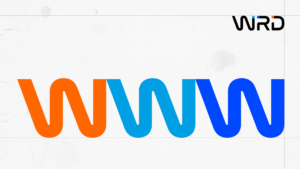Over the last 20 years digital marketeers have spent a significant amount of time chasing the Google algorithm and, historically, there were big changes that had a fundamental impact on the SEO industry.
These changes taught the SEO industry to keep a close eye on what Google was doing and then react accordingly. Whether that was the end of keyword cloaking in the early days, clean up link profiles in the early teens or adapting to AI more recently.
However, now that Google and the industry has matured, does the industry need to keep such a close eye on updates or has Google successfully managed to change the SEO industry from a group of techies looking for ways to exploit the algorithm into professional marketeers who stick to the rules?
A short history of everything…SEO
Before we can answer that question, it may be useful to have a bit of a history lesson. Google algorithm changes are as old as Google itself. They are simple updates that Google rolls out on a regular basis in an effort to improve its search results.
Moz has a great history of algorithm changes going all the way back to the beginning of named updates with Boston in 2002.
If you are an older hand you may shudder at the thought of some of these updates, after all they used to be a pretty big deal! Words like Panda (page quality) and Penguin (links quality) still strike terror in the hearts of older SEOs.
Other updates were just as impactful on how websites were built, such as Big Daddy in 2005 which changed how Google dealt with technical areas that we still talk about today such as canonicalisation and 301 redirects. Or, the Mobilegeddon in 2015 when mobile rankings would be different to desktop.
In later updates we saw the beginning of our “new normal” with the introduction of BERT and Google introducing Natural Language Processing (NLP), an early example of large language modeling (LLM), which started to steer people away from just keywords and towards using natural language within websites.
There have been many many more over the years but I’m at risk of boring you!
Today’s Google algorithm updates
So, what do Google algorithms look like today? They are still coming in thick and fast, and they can be disruptive enough to keep chatty SEOs busy on various forums. However, rather than a fundamental change on how to promote and build websites, Google now focuses more on closing loopholes, reducing spam and low-quality websites in the SERPs, and making it harder for blackhat SEOs to succeed.
Examples of this in 2024 include a core update in March to weed out low-quality content, an update in May to limit websites from using their high authority backlink profile to support low-quality websites, and an explicit fake content update designed to limit how often deep fakes appear in search.
Of course, there were still lots of new things, most notably AI overviews in May, but the focus has certainly been on limiting bad behaviour rather than changing the foundations of SEO.
Good quality lasts
While it is important to keep abreast to understand how new tech such as AI in Google (take a look at our blogs on Google’s AI Overview and its impact on SEO or How AI is used in Digital Marketing for some of our thoughts on that topic) and voice search is being handled by Google, it’s clear that the updates are no longer having the same impact.
Both the SEO industry and Google have matured, things have settled. Some might say Google has won! As digital marketeers we need to focus on creating a plan that includes a well-optimised website populated with high quality, audience-focused content and stick to it.
You do not need to be constantly chasing the algorithm: indeed, constantly flip flopping will harm long term strategy and productivity!



